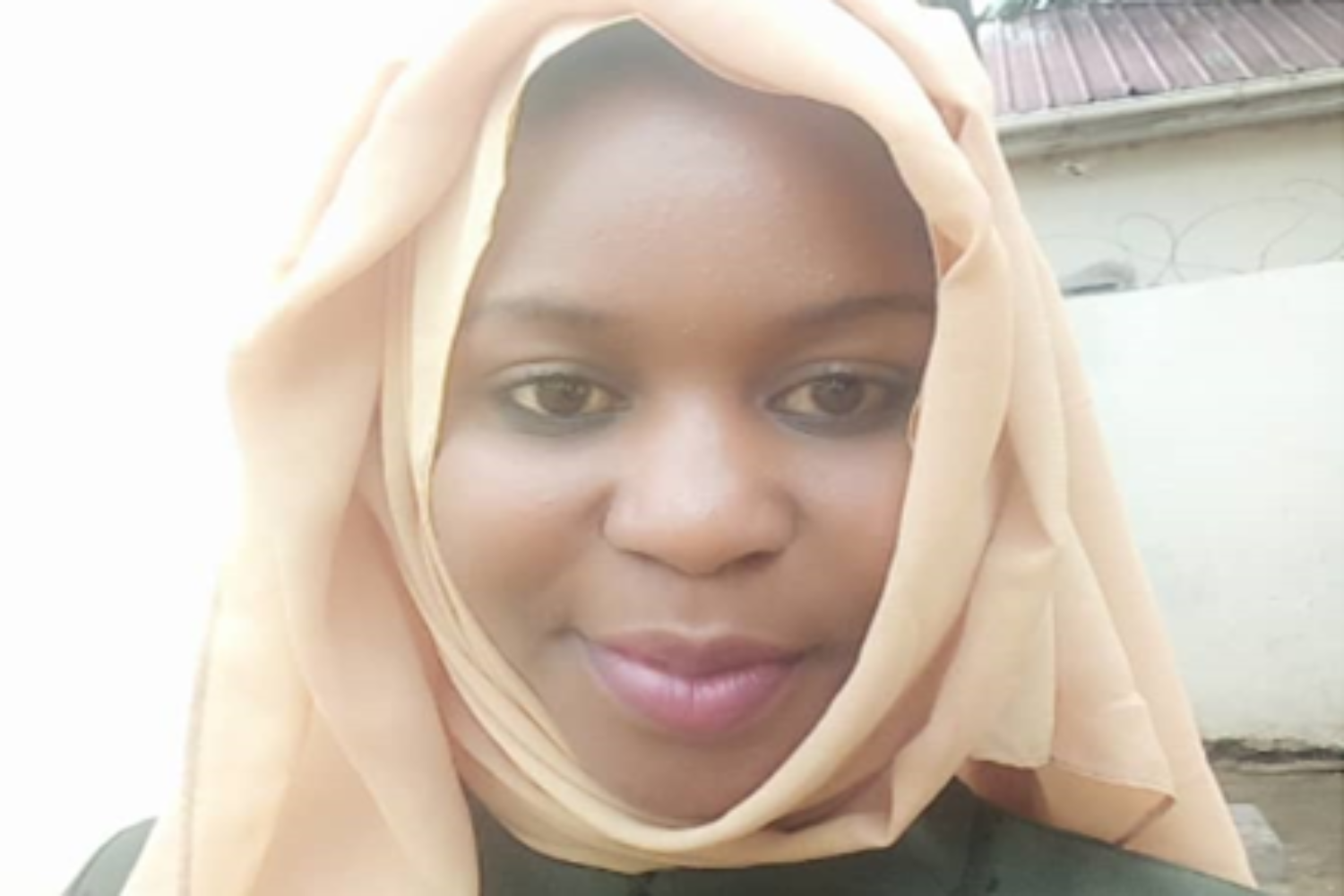By Khamis Cosmas Lokudu
In a phone interview, Nema Juma Senior reporter for Juba Monitor English newspaper said regarding COVID-19 pandemic, journalists should be provided with protection tools and security safety to facilitate their work on gathering information on coronavirus pandemic and avoid issues leading to harassment because of suspicions.
“Physically, it’s not easy to collect data from the citizens, sometimes journalists phone concerned people for an interview, but their calls go an answered due to fear of not avoiding social distancing from journalists,”’ she narrated.
Juma urged cooperation among institutions in journalism development in South Sudan. She called upon those institutions for the need to understand what the journalists are going through. “Things are not easy, especially for the print media where journalists wake up in the morning to gather information, sometime they should help the media workers to fulfill their assignments because journalists work under pressure to meet dateline”, she outlined. Juma noted, free access to information collection is not easy for journalists.
Emmanuel Taban, a reporter for Equatoria Broadcasting Cooperation (EBC), said he always encounter difficulties while assembling information about COVID-19. He said it’s not simple for journalists to pull together material as some heads of institutions in the country demand a letter detailing the journalist’s request.
Since the citizens are demanding information on daily activities, Taban requested the relevant Government institutions to allow the journalists to have access to information gatherings in-order to provide correct information because South Sudanese want to read more information about COVID-19 to prevent misinformation messages in the social media.
For her part, Sunday Isaac Mogga, Executive Director of Grassroots Women, backed the fact that information accumulation is hard for the journalists in South Sudan. As the population wants news about COVID-19, it is their right to know the current events trending in the country, and the media professionals are entitled to conduct interviews to get correct info.
“People tasked with the reasonability of delivering information to the media to do so. In the markets, women are lucking masks, gloves, and information for preventing coronavirus. Most importantly, the media should double its efforts on awareness creation for the corona virus, and frequent use of local Arabic should be encouraged for the online media houses,” she explained.
Article 24 of South Sudan Transitional Constitution, 2011, (amended) subsection (2) says all levels of government shall guarantee freedom of the press and other media as shall be regulated by law in a democratic society.
Part of the statement extended to the press by Media Authority and signed by Mr. Elijah Alier Kuai managing director of the Media Authority reads, “It is a right of every citizen to be informed and have access to information. All levels of Government, UMISS, and humanitarian organizations operating in the Republic of South Sudan are hereby urged to allow unhindered access to journalists to obtain information deemed to be in the public interest.
